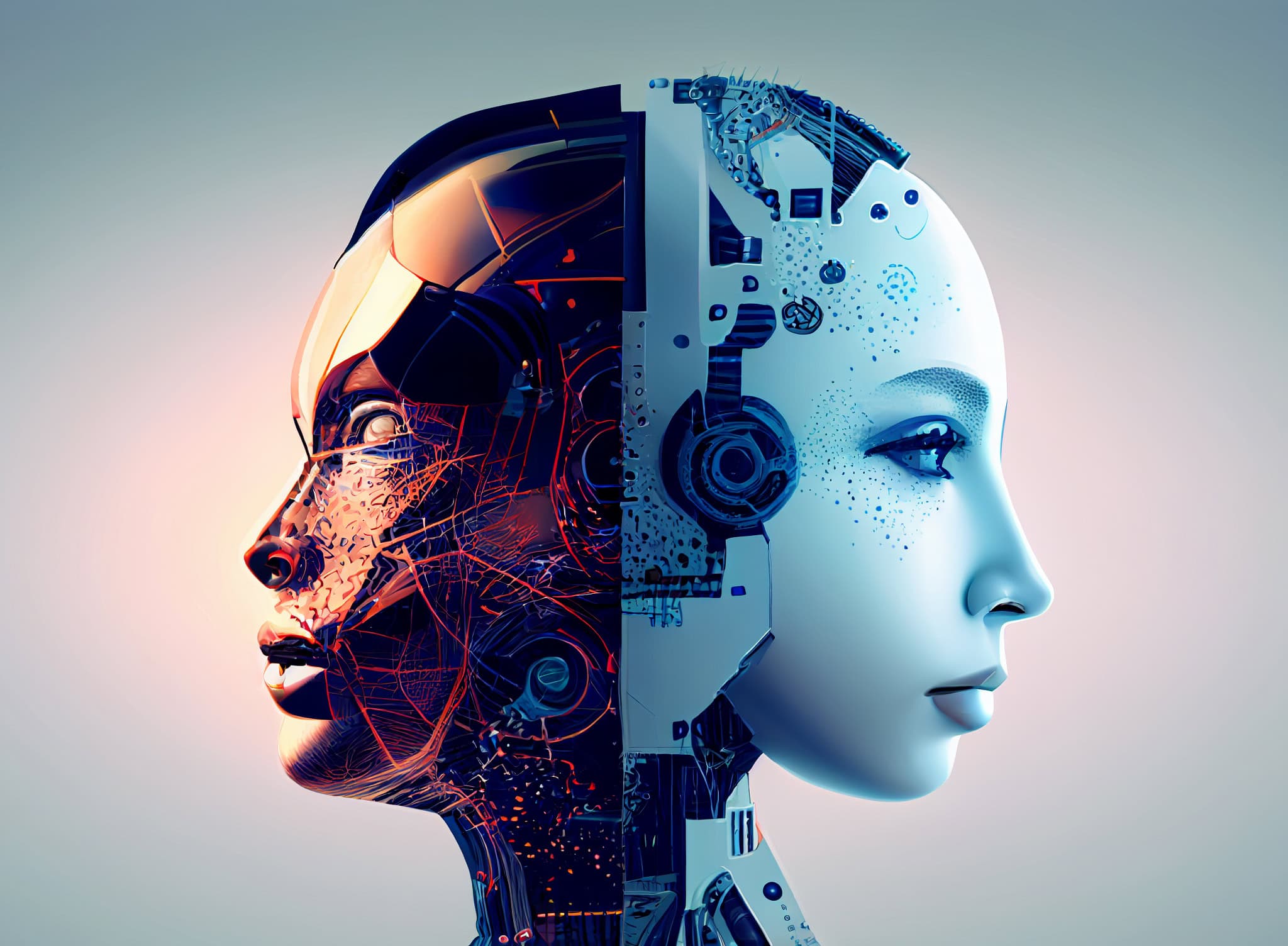
AI Technology: Friend or Threat?
Josh Shear – Artificial Intelligence (AI) has swiftly transformed from science fiction into an integral part of our daily lives. It’s now embedded in everything from our smartphones and social media platforms to healthcare and transportation systems. While many celebrate AI for its remarkable contributions, others raise concerns about potential threats. The debate intensifies: is AI technology humanity’s best friend or its greatest threat?
In this article, we’ll delve deeply into both sides of the argument, examining the potential benefits and risks of AI, leaving you with an insightful perspective on this critical issue.
Read More : Passwordless Authentication: The Future of Secure Login
AI technology significantly simplifies our daily routines. Smart home devices like voice assistants manage household tasks effortlessly, while AI-powered applications optimize our productivity. Tools such as virtual assistants help manage schedules, reminders, and emails, making life more convenient and organized.
Furthermore, AI technology boosts workplace efficiency through automation, allowing businesses to streamline operations and reduce costs. Tasks that once required hours of manual labor can now be accomplished in minutes, enhancing overall productivity.
AI’s impact on healthcare has been transformative, assisting doctors in diagnosing diseases earlier and with greater accuracy. Machine learning algorithms analyze medical imaging, identify health risks, and recommend personalized treatments. AI-driven robots perform surgeries with exceptional precision, minimizing human error and improving patient outcomes.
These innovations promise a future where healthcare is more accessible, efficient, and effective, potentially saving millions of lives annually.
AI is a significant catalyst for innovation across industries. It fuels advancements in technology, automotive, finance, and entertainment sectors, creating new products and opportunities. AI-driven predictive analytics allows businesses to understand market trends, optimize supply chains, and make informed decisions, boosting economic growth.
AI’s role in fostering innovation positions it as a powerful tool for economic development and global competitiveness.
One primary concern associated with AI technology is job displacement. Automation and AI-driven machinery threaten millions of jobs, especially in manufacturing, customer service, and transportation. Workers in these sectors face uncertainty and economic hardship as AI technology expands.
Additionally, AI could exacerbate economic inequality, as those lacking technical skills struggle to find employment in the AI-driven economy, widening the gap between the technologically savvy and the less skilled workforce.
AI systems, particularly those involving facial recognition and data analytics, pose serious privacy threats. Surveillance technologies driven by AI can track individuals’ movements and behaviors without consent. Social media platforms and advertisers use AI to collect extensive personal data, raising legitimate concerns about privacy invasion and misuse of sensitive information.
As AI becomes increasingly sophisticated, ensuring data security and protecting individual privacy becomes more challenging and critical.
AI technology raises numerous ethical dilemmas, such as the potential for algorithmic bias and discrimination. Machine learning systems trained on biased data can unintentionally perpetuate societal prejudices, leading to unfair treatment based on race, gender, or socioeconomic status.
Moreover, the prospect of autonomous AI systems making critical decisions without human oversight raises questions about accountability, transparency, and moral responsibility. These ethical challenges highlight the importance of thoughtful regulation and oversight.
Harnessing AI’s potential benefits while mitigating risks requires responsible development practices and robust regulation. Policymakers must establish guidelines ensuring AI development prioritizes transparency, fairness, and accountability. Collaboration among technology companies, governments, and academic institutions is essential to address ethical concerns effectively.
Preparing the workforce for the AI-driven future is vital to address job displacement concerns. Governments and businesses must invest in educational programs, reskilling initiatives, and lifelong learning opportunities. By equipping individuals with necessary skills, society can ensure inclusive growth and economic stability in the AI era.
Robust privacy protections and data security regulations are essential to address AI’s surveillance risks. Clear guidelines, transparency, and informed consent regarding data collection practices must be enforced to protect individual rights. Ensuring AI respects privacy will build public trust and encourage responsible use.
The debate surrounding AI technology whether it’s a friend or a threat is complex and multifaceted. AI undeniably offers immense benefits, revolutionizing industries, healthcare, and daily life. However, it simultaneously poses substantial risks related to employment, privacy, and ethical considerations.
Navigating the AI landscape requires a balanced, informed approach. Through careful regulation, responsible development, and proactive education, we can maximize AI’s potential while safeguarding society against its risks. The future of AI technology ultimately depends on human decisions and collective responsibility.
This website uses cookies.